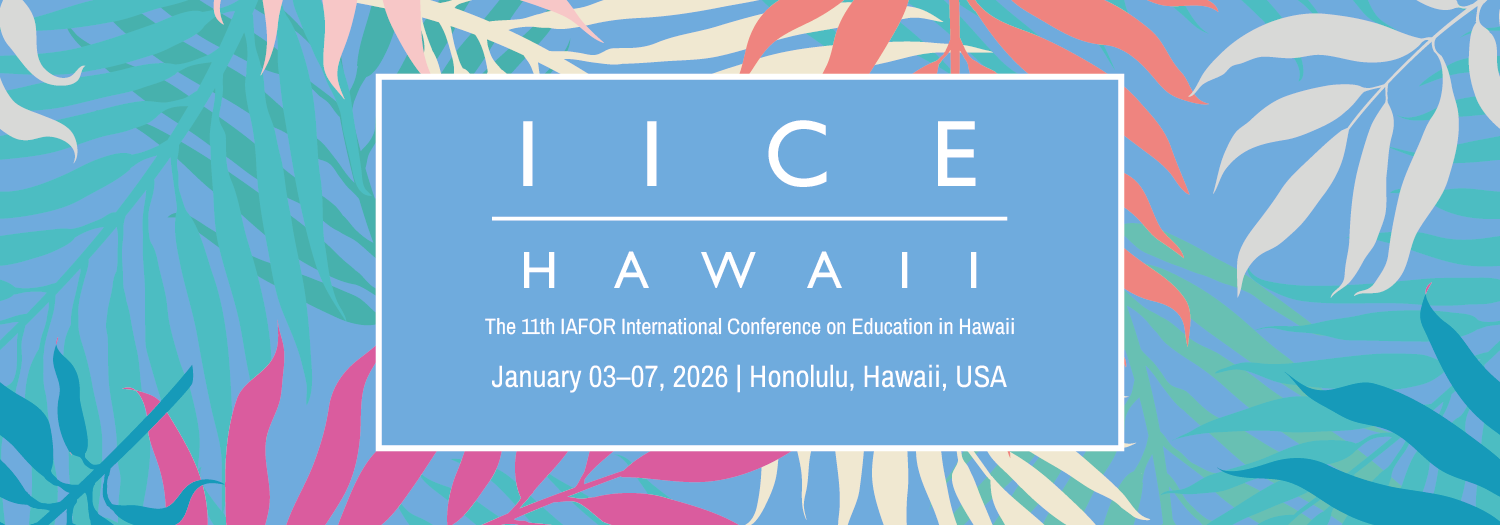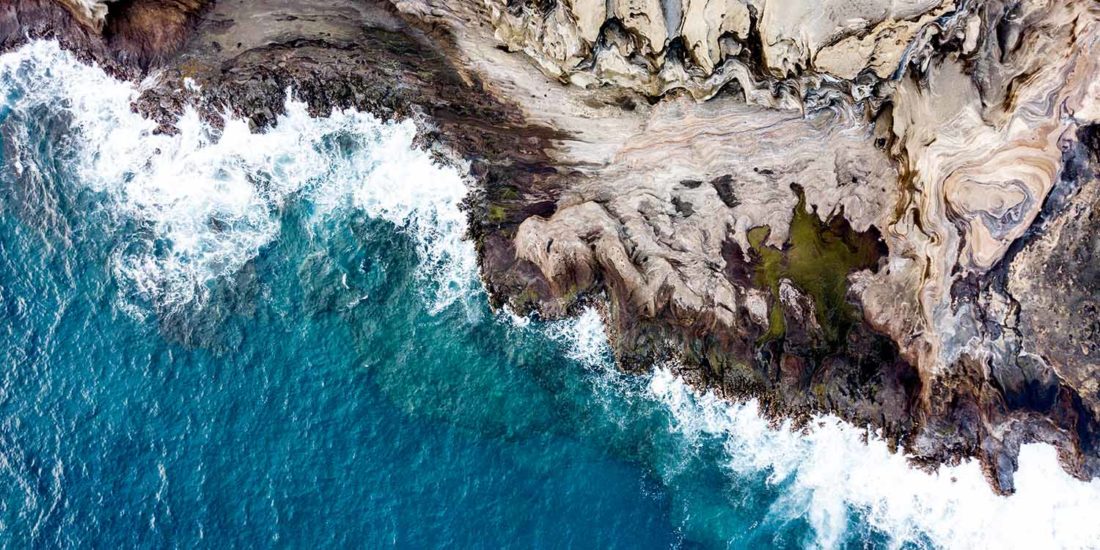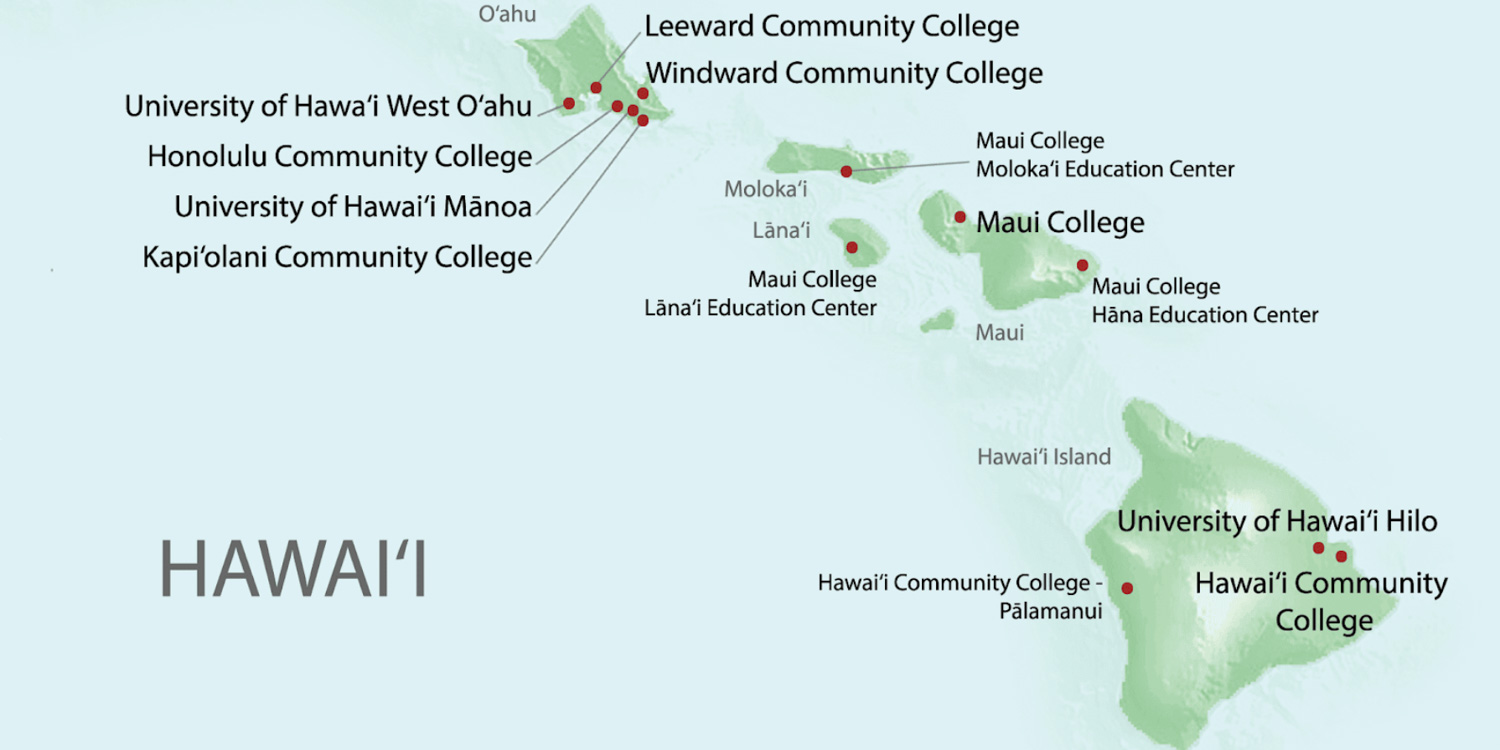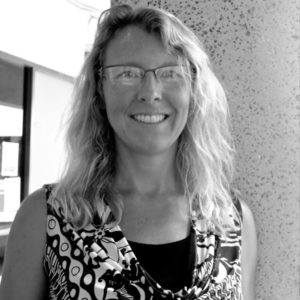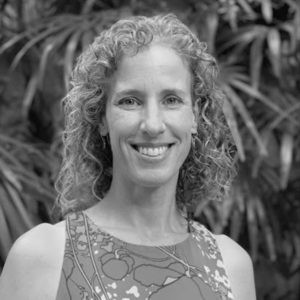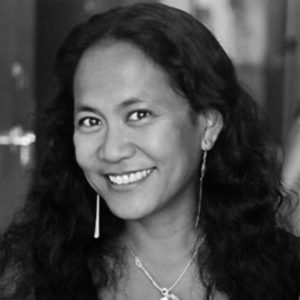The final plenary to be announced for The 7th IAFOR Conference on Education (IICE2022) is a panel presentation by educators based at universities from across the Hawaiian islands, titled “Reimagining General Education Across Hawaii’s 10-Campus System: Process, Product, and Lessons Learned”.
To participate in IICE2022 as an audience member, please register for the conference.
IICE2022 will be held alongside The IAFOR International Conference on Arts & Humanities in Hawaii (IICAH2022). Registration for either conference will allow delegates to attend sessions in the other.
The presentation will also be available for IAFOR Members to view online. To find out more, please visit the IAFOR Membership page.
Abstract
Reimagining General Education Across Hawaii’s 10-Campus System: Process, Product, and Lessons Learned
General Education within the University of Hawai’i ten-campus system is varied and complex, with significant transfer and articulation challenges. In addition, the General Education requirements themselves require updating. Rather than engage in piecemeal, institution by institution revision, the UH System envisioned a more complex reimagining process of a unified General Education across all ten campuses. This process began with a Summer 2021 Institute Redesign Team consisting of 17 faculty and specialists from across the system, aided by the support of three coordinating administrators. This team drafted a proposal after nearly four months of intensive collaboration. The proposal produced was envisioned to engage the process of General Education review and implementation. This speaker panel provides members from both the design team and administration to speak about the process, the product proposal, and lessons learned. There will be time for questions and answers at the end of the panel.
Speaker Biography
Michael Menchaca
University of Hawai’i at Manoa, United States
Michael Menchaca is Chair of the Department of Learning Design and Technology at the University of Hawai'i at Manoa. He specialises in distance education, and has designed, implemented, and coordinated online and hybrid programs for over 20 years. He serves as editor for the IAFOR Journal of Education: Technologies and Education Special Edition. He was an IT specialist for many years in the public and private sector. He teaches and conducts research in the areas of online learning, technology integration, and social justice with technology.
Debora Halbert
University of Hawai’i System, United States
Debora Halbert is the Associate Vice President for Academic Programs and Policy at the University of Hawai‘i System, United States, where she works on student success and transfer-related issues including system-wide articulation. Prior to her current position, she was the Associate Vice Chancellor for Academic Affairs at the University of Hawai‘i at Mānoa, United States. She is a Professor of Political Science at the University of Hawai‘i at Mānoa, United States and teaches policy, law, and futures studies.
Christine Beaule
University of Hawai’i at Manoa, United States
Christine Beaule is Professor of Latin American & Iberian Studies and an Andean archaeologist specialising in Spanish colonialism’s impacts on Indigenous peoples. She has served as Director of the General Education Office at the University of Hawai’i at Manoa, United States, since 2018, and is one of the coordinators of the UH Systemwide General Education redesign project.
Celia Bardwell-Jones
University of Hawai’i at Hilo, United States
Dr Celia Bardwell-Jones is Professor of Philosophy and the Division Chair for the Humanities Division at the University of Hawai’i at Hilo, United States. Dr Bardwell-Jones is an interdisciplinary scholar whose research interests include: feminist philosophy, philosophy of race and cultural diversity, inter-cultural American philosophy, environmental ethics and the philosophy of nature. She recently co-edited a special issue on “Indigenizing and Decolonizing Feminist Philosophy” in Hypatia: A Journal for Feminist Philosophy. She currently is serving as co-editor for a special issue on “Ocean Feminism” in Amerasia Journal. More recently, she has collaborated with several ecologists from the US Forest Service and UH Hiloʻs Biology Department in an article publication through Frontiers Journal on the metaphysics of belonging in nature and its relationship to invasive species.
Shana Brown
University of Hawai’i at Manoa, United States
Shana Brown is a graduate of Amherst College and the University of California, Berkeley, United States. She has studied, worked, and travelled extensively in China and Asia. Her area of expertise is modern Chinese intellectual and cultural history, with a special focus on visual culture in its global context. Current research projects include the history of photography in China and the contributions of modern Chinese women as artists, art collectors, and scholars.
Professor Brown’s area of expertise is twentieth-century China, with a focus on intellectual and cultural history. Her book Pastimes: From Art and Antiquarianism to Modern Chinese Historiography is forthcoming in 2011 from University of Hawaii Press. Pastimes discusses the history of Chinese antiquarianism, examining the relationship between artefact collecting, calligraphy and painting, and historical research.
